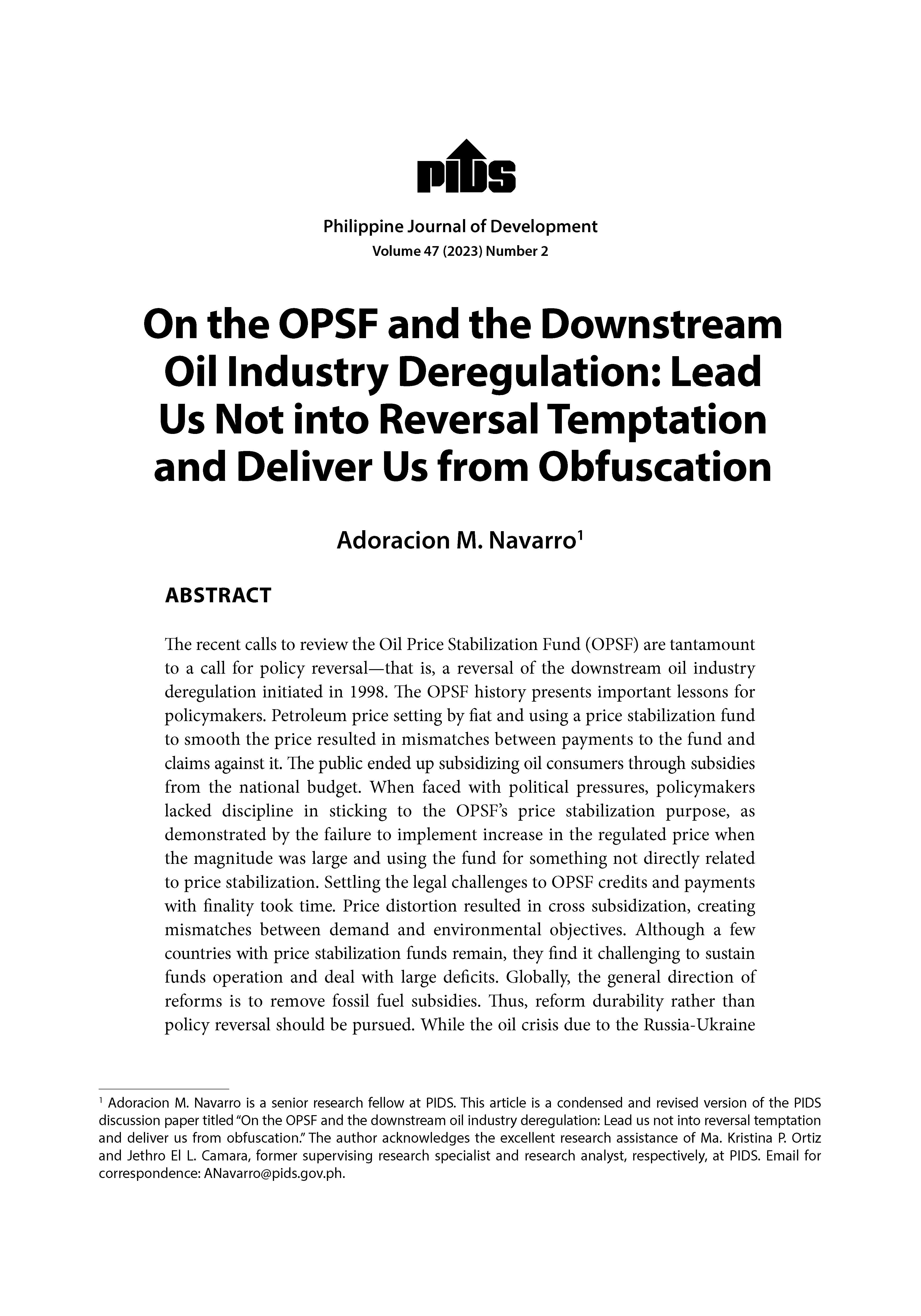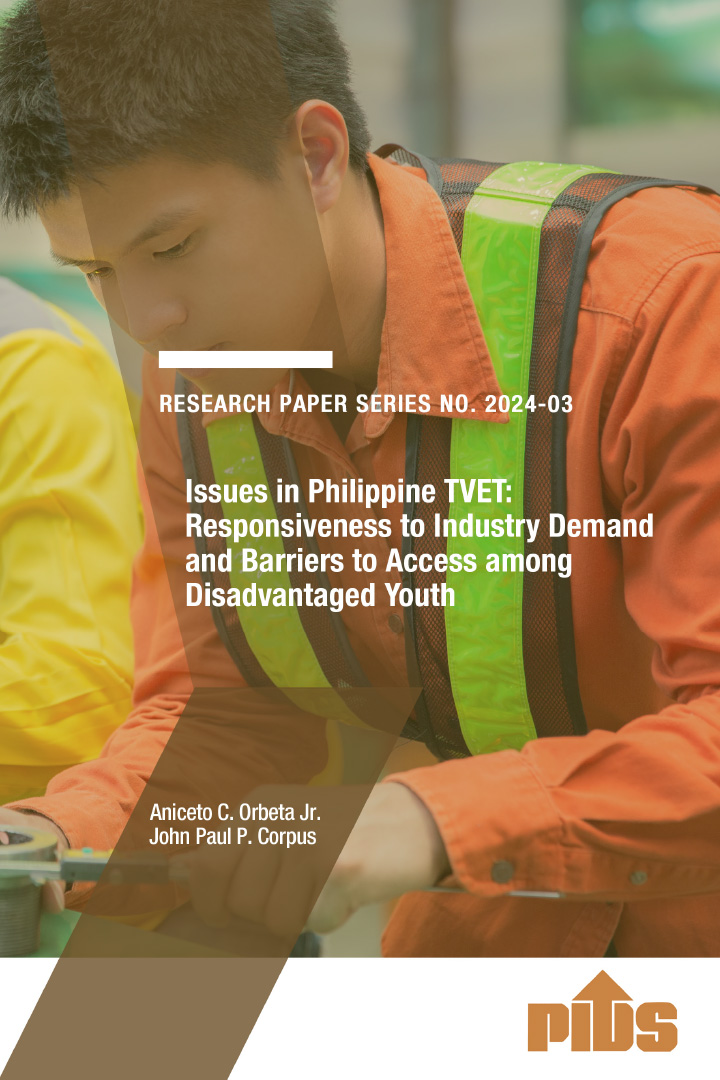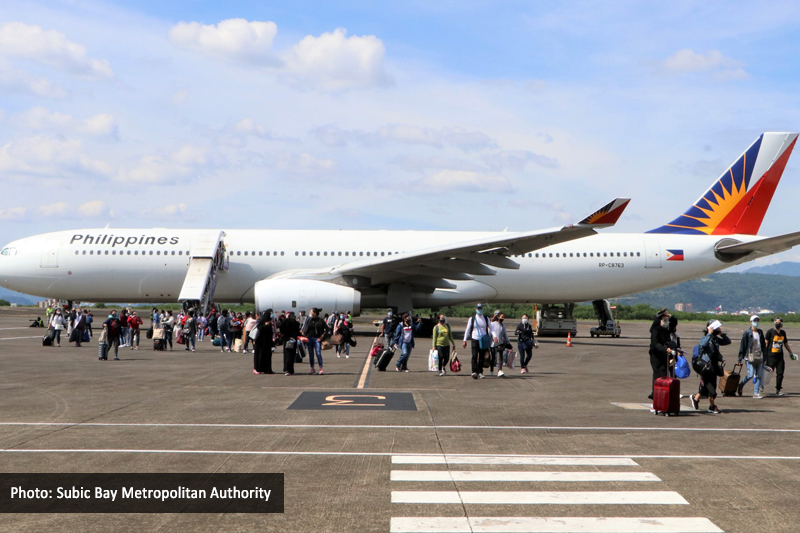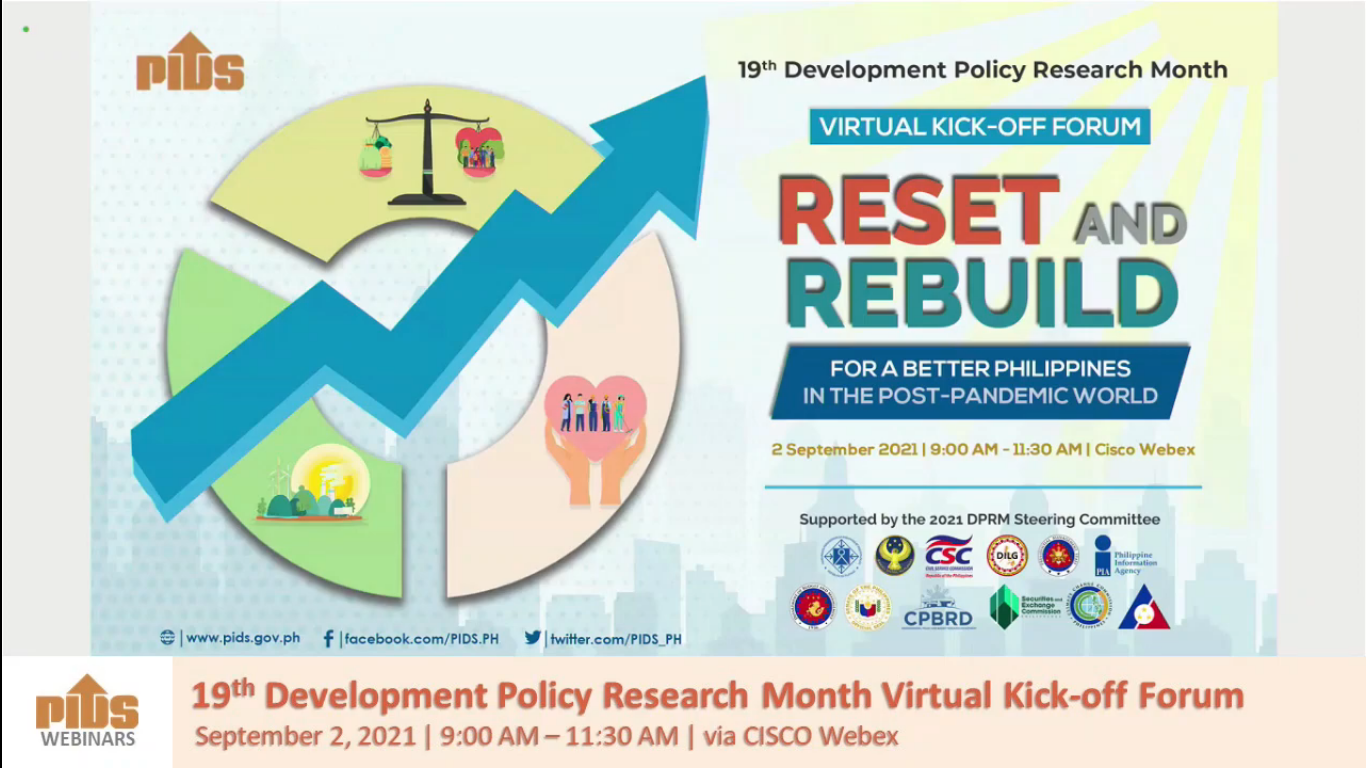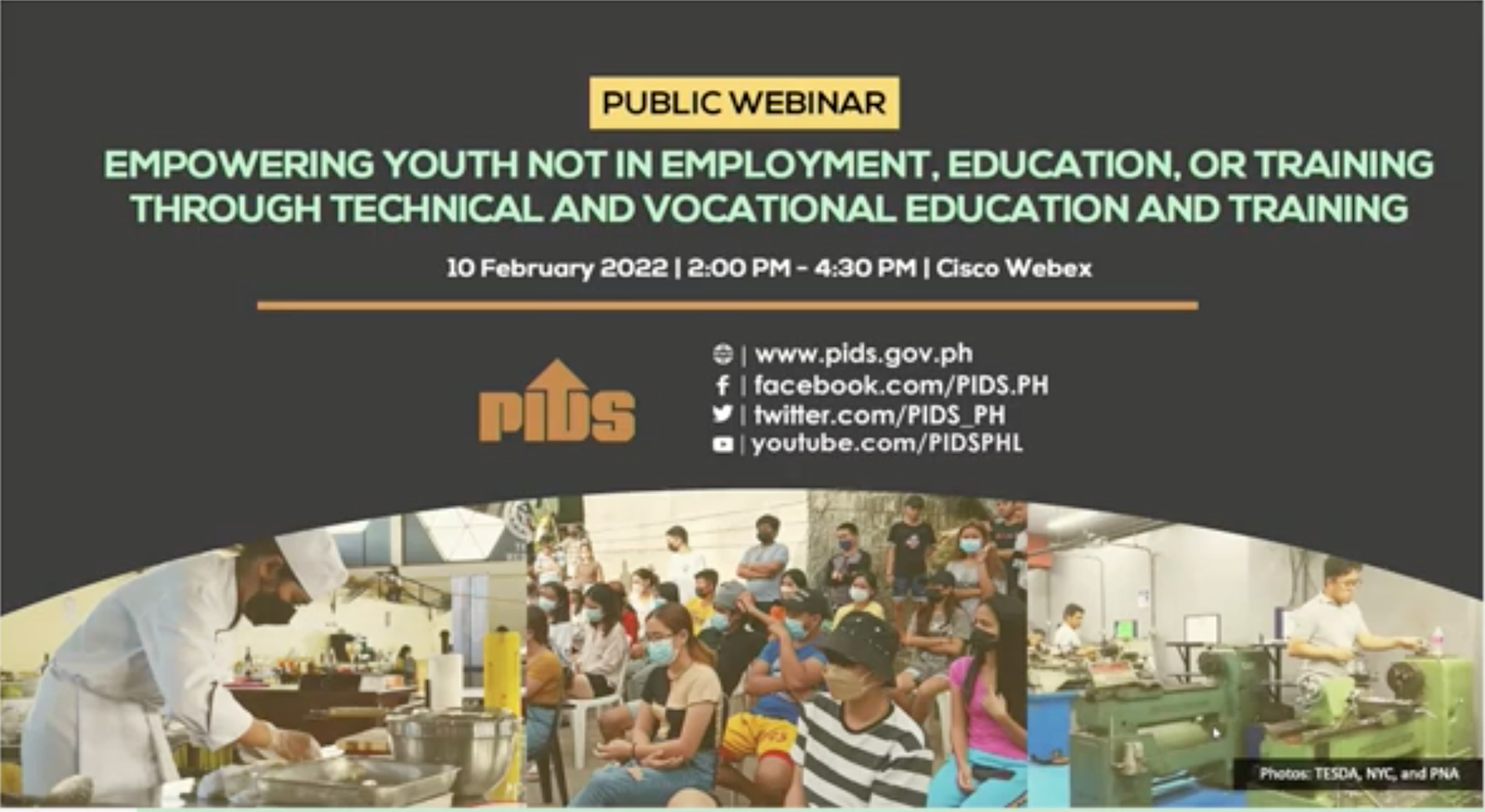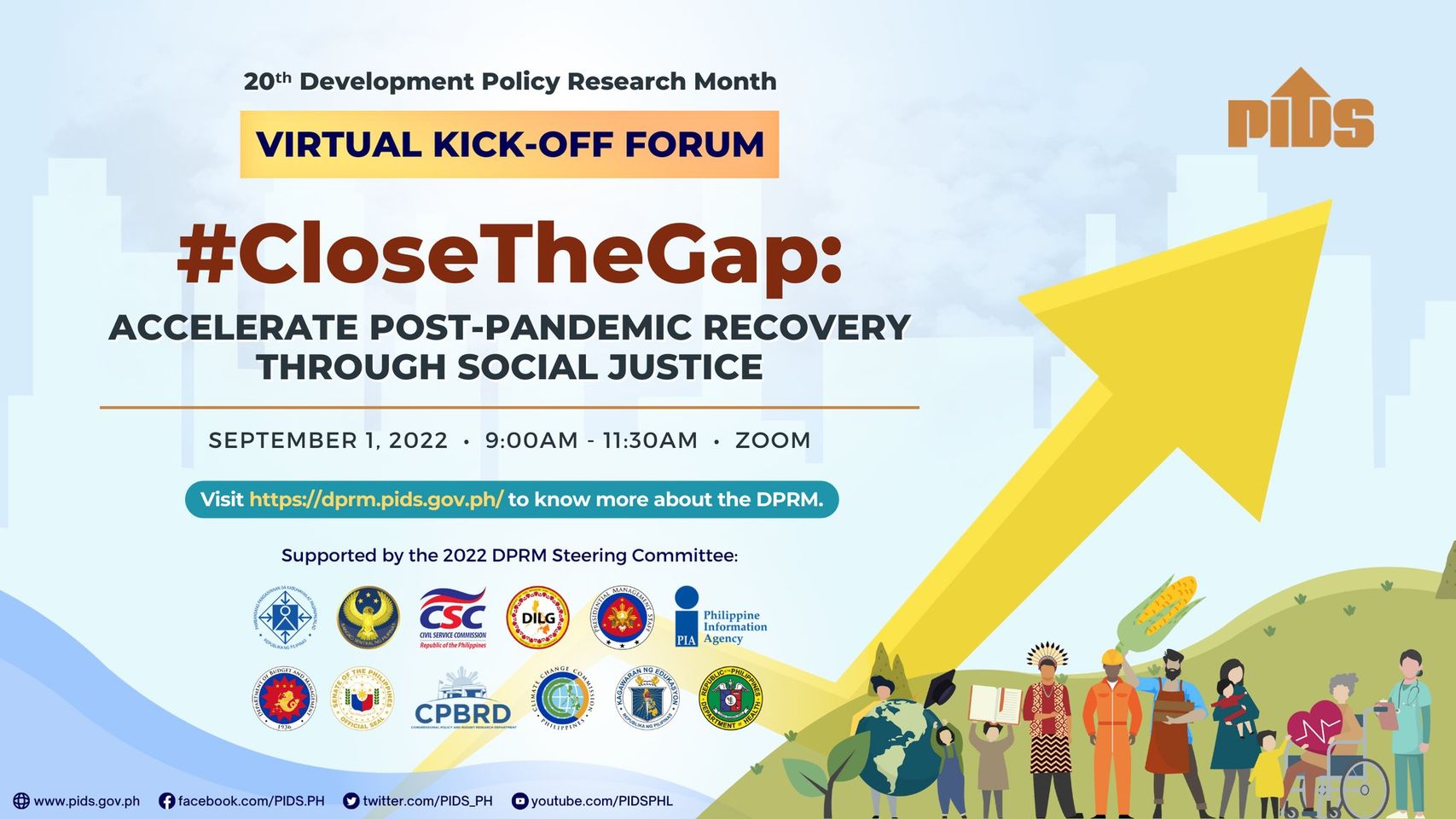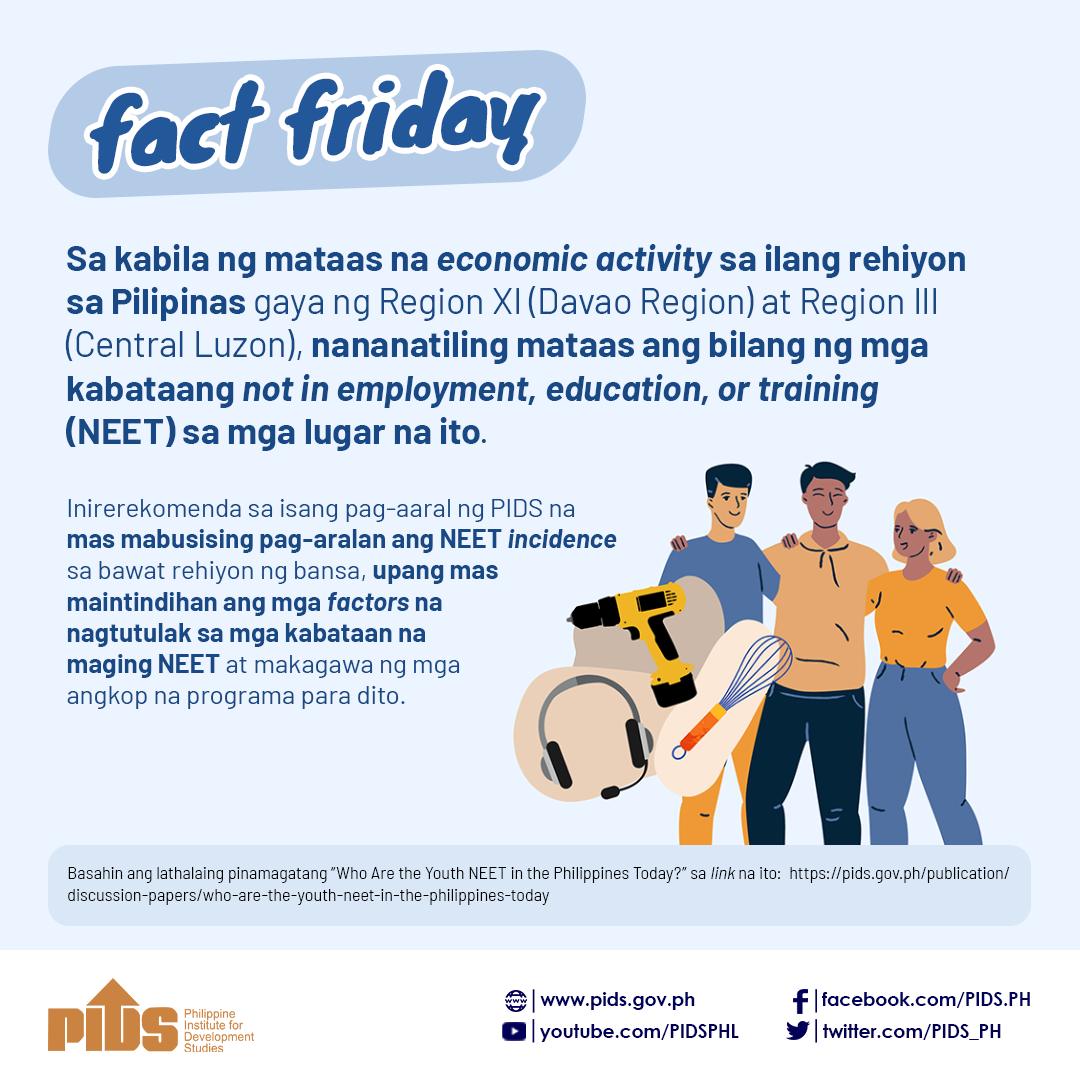DAVAO CITY, Philippines – President Duterte said yesterday he is not worried about turning off European and American investors with his foul mouth as he can always turn to China and Russia for investments.
“They make an issue of my mouth. They always complain about my mouth. I do not care if they do not invest here. They can all go away, I can go to China, I can go to Russia. They are waiting for me,” the President said in remarks before policemen at Camp Alagar, the regional police command in Cagayan de Oro City. “Wala akong pakialam sa inyo (I don’t care about you),” he added.
He was reacting to S&P Global Ratings’ expressing its concern over diminishing predictability of government economic policies.
Despite its concern, S&P affirmed on Wednesday the Philippines’ long-term credit rating of ‘BBB’ and short-term credit rating of ‘A-2,’ with a stable outlook.
Duterte shrugged off S&P’s concern, saying the Philippines is formulating “a new foreign policy.”
Cabinet members also disputed S&P’s assessment but were nevertheless more diplomatic about it.
Headlines ( Article MRec ), pagematch: 1, sectionmatch: 1
“I think the policy making has not changed,” Trade secretary Ramon Lopez said in a press briefing in Malacañang.
“We have investment protection that will give peace of mind to our investors. Our FTA (free trade agreements), they are all being honored,” he added.
Presidential Communications Secretary Martin Andanar said the S&P assessment “gives the government greater resolve to make the economy growth robust, sustainable and inclusive.”
“The President’s commitment in the anti-illegal drug campaign and criminality will enhance the country’s image to attract more foreign investments. Peace and order is a must for investors to invest more in the country,” Andanar said. “As we all know, consumer optimism soared at the start of this presidency.”
The President even joked about preferring to go to Asian countries where there is bountiful and lavishly served food.
“Eh, dun sagbot lang (there they just serve grass),” the President said, apparently referring to salads served in Western countries.
Despite China’s seizure of areas clearly within Philippine territory, Beijing has never been at the receiving end of Duterte’s vitriol.
The National Economic and Development Authority (NEDA) yesterday also downplayed concerns raised by S&P Global Ratings, saying the administration has been very clear about its growth plan under its 10-point economic agenda.
Rolando Tungpalan, NEDA deputy director general for investment programming, said that as far as economic policy is concerned, the Duterte administration remains focused on its strategy for making economic growth more inclusive.
Such strategy includes accelerating infrastructure projects and attracting more investments in the agriculture and industry sectors.
“If we go back to the 10-point agenda, we have clarity. We are saying we are inviting foreign investments in the agriculture and industry sectors. We are spreading progress outside of Metro Manila to the regions and rural areas; we are building infrastructure that would boost competitiveness and productivity,” Tungpalan told reporters on the sidelines of the 2nd annual policy conference of the Philippine Institute of Development Studies (PIDS).
The credit rating firm said a higher rating is unlikely over the next two years but stressed it may reconsider such position if “improvements in the policy environment lead us to a better assessment of institutional and governance effectiveness.”
The administration’s 10-point economic agenda covers continuance and maintenance of current macroeconomic, fiscal, monetary and trade policies; institution of a progressive tax reform and more effective tax collection; increasing the competitiveness of businesses and improving the ease of doing business; accelerating annual infrastructure spending; promoting rural development; ensuring security of land tenure to encourage investments; investing in human capital development; promoting science and technology; improving social protection and strengthening the implementation of the Responsible Parenthood and Reproductive Health Law.
Tungpalan also noted that in the case of the mining industry – which strongly requires policy stability – the government has not made new policy pronouncements that contradict existing policies.
The Department of Environment and Natural Resources (DENR) has launched a sweeping audit of the operations of the country’s 40 metallic mines, more than half of which have been recommended for suspension for various violations.
Tungpalan stressed the government is operating within the bounds of existing laws and has so far not introduced new policies.
“In the case of the mining sector, there is an existing law so it is a matter of enforcing those laws until the laws are amended. So we are sticking to the rules that are already available and there are no new policy pronouncements that take over existing policies. I see no evidence of inconsistencies for far,” he said.
NEDA deputy director general for policy and planning Rosemarie Edillon said the agency is ensuring policy coherence in the creation of the new medium-term country development plan. – With Czeriza Valencia, Lawrence Agcaoili
“They make an issue of my mouth. They always complain about my mouth. I do not care if they do not invest here. They can all go away, I can go to China, I can go to Russia. They are waiting for me,” the President said in remarks before policemen at Camp Alagar, the regional police command in Cagayan de Oro City. “Wala akong pakialam sa inyo (I don’t care about you),” he added.
He was reacting to S&P Global Ratings’ expressing its concern over diminishing predictability of government economic policies.
Despite its concern, S&P affirmed on Wednesday the Philippines’ long-term credit rating of ‘BBB’ and short-term credit rating of ‘A-2,’ with a stable outlook.
Duterte shrugged off S&P’s concern, saying the Philippines is formulating “a new foreign policy.”
Cabinet members also disputed S&P’s assessment but were nevertheless more diplomatic about it.
Headlines ( Article MRec ), pagematch: 1, sectionmatch: 1
“I think the policy making has not changed,” Trade secretary Ramon Lopez said in a press briefing in Malacañang.
“We have investment protection that will give peace of mind to our investors. Our FTA (free trade agreements), they are all being honored,” he added.
Presidential Communications Secretary Martin Andanar said the S&P assessment “gives the government greater resolve to make the economy growth robust, sustainable and inclusive.”
“The President’s commitment in the anti-illegal drug campaign and criminality will enhance the country’s image to attract more foreign investments. Peace and order is a must for investors to invest more in the country,” Andanar said. “As we all know, consumer optimism soared at the start of this presidency.”
The President even joked about preferring to go to Asian countries where there is bountiful and lavishly served food.
“Eh, dun sagbot lang (there they just serve grass),” the President said, apparently referring to salads served in Western countries.
Despite China’s seizure of areas clearly within Philippine territory, Beijing has never been at the receiving end of Duterte’s vitriol.
The National Economic and Development Authority (NEDA) yesterday also downplayed concerns raised by S&P Global Ratings, saying the administration has been very clear about its growth plan under its 10-point economic agenda.
Rolando Tungpalan, NEDA deputy director general for investment programming, said that as far as economic policy is concerned, the Duterte administration remains focused on its strategy for making economic growth more inclusive.
Such strategy includes accelerating infrastructure projects and attracting more investments in the agriculture and industry sectors.
“If we go back to the 10-point agenda, we have clarity. We are saying we are inviting foreign investments in the agriculture and industry sectors. We are spreading progress outside of Metro Manila to the regions and rural areas; we are building infrastructure that would boost competitiveness and productivity,” Tungpalan told reporters on the sidelines of the 2nd annual policy conference of the Philippine Institute of Development Studies (PIDS).
The credit rating firm said a higher rating is unlikely over the next two years but stressed it may reconsider such position if “improvements in the policy environment lead us to a better assessment of institutional and governance effectiveness.”
The administration’s 10-point economic agenda covers continuance and maintenance of current macroeconomic, fiscal, monetary and trade policies; institution of a progressive tax reform and more effective tax collection; increasing the competitiveness of businesses and improving the ease of doing business; accelerating annual infrastructure spending; promoting rural development; ensuring security of land tenure to encourage investments; investing in human capital development; promoting science and technology; improving social protection and strengthening the implementation of the Responsible Parenthood and Reproductive Health Law.
Tungpalan also noted that in the case of the mining industry – which strongly requires policy stability – the government has not made new policy pronouncements that contradict existing policies.
The Department of Environment and Natural Resources (DENR) has launched a sweeping audit of the operations of the country’s 40 metallic mines, more than half of which have been recommended for suspension for various violations.
Tungpalan stressed the government is operating within the bounds of existing laws and has so far not introduced new policies.
“In the case of the mining sector, there is an existing law so it is a matter of enforcing those laws until the laws are amended. So we are sticking to the rules that are already available and there are no new policy pronouncements that take over existing policies. I see no evidence of inconsistencies for far,” he said.
NEDA deputy director general for policy and planning Rosemarie Edillon said the agency is ensuring policy coherence in the creation of the new medium-term country development plan. – With Czeriza Valencia, Lawrence Agcaoili


